The Nigerian government has signed a contract worth more than $1.2 million with a Washington DC public relations firm to deal with the fallout from the Boko Haram kidnappings.
In a report in The Hill, documents show that the Nigerian president, Goodluck Jonathan, who is up for re-election in February, is seeking to counter the perception that he has not done enough to combat the Islamic extremists in his country who abducted more than 270 schoolgirls in Chibok in April.
According to a contract signed on 13 June, Jonathan’s government has hired Levick, a prominent PR and lobbying firm in Washington DC, to engage in an effort to change the “the international and local media narrative” surrounding Nigeria’s “efforts to find and safely return the girls abducted by the terrorist organisation Boko Haram".
The firm said the work for Nigeria will be more than just PR and will be part of an effort to create 'real change' in the country
The firm said the work for Nigeria will be more than just PR and will be part of an effort to create “real change” in the country. That change seems to constitute “public diplomacy and engaging outside experts to enact real changes”.
The firm will also be “assisting the government’s efforts to mobilise international support in fighting Boko Haram as part of the greater war on terror.”
An op-ed article written by Jonathan appeared in The Washington Post last week, in which he reiterated that Nigerian security services "will not stop until the girls are returned home and the thugs who took them are brought to justice".
Levick will be paid $75,000 per month for its work, in addition to the extra costs of advertisements, video production and website development, and is working for the government through a state-owned media agency. All in all, with additional expenses, the monthly retainer is brought to a total of $100,000.
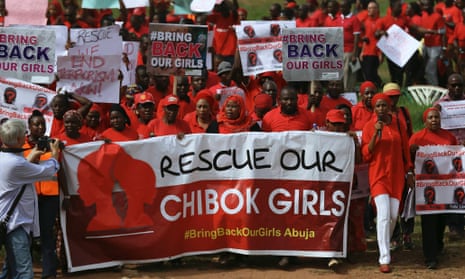
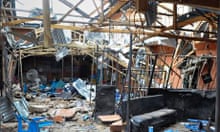
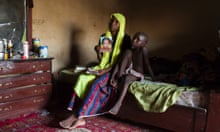



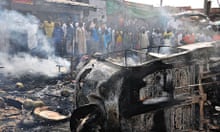
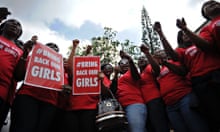
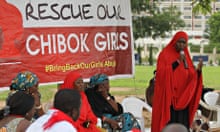

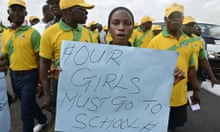
Comments (…)
Sign in or create your Guardian account to join the discussion